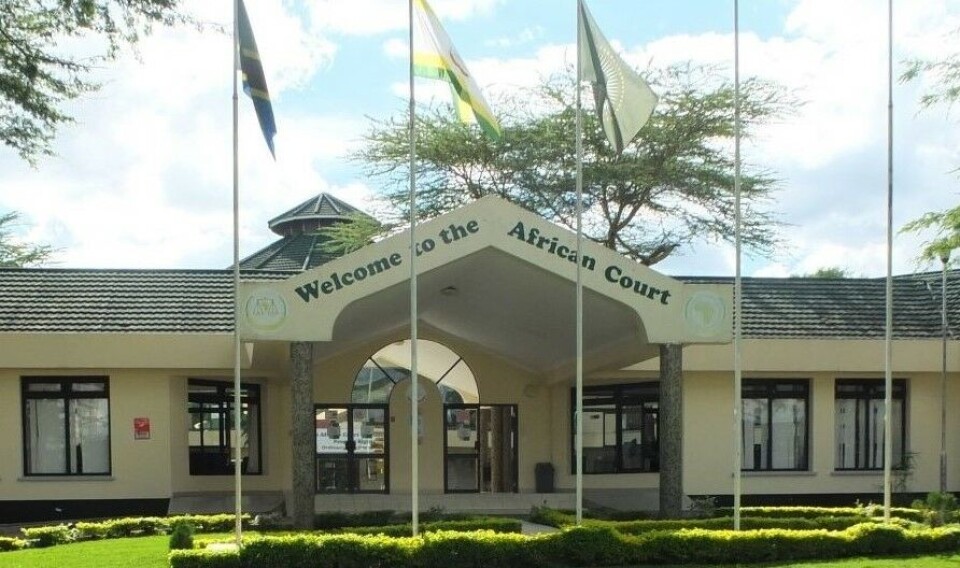Speaking at a conference in Arusha, Tanzania, in late October, the presidents of the African Court on Human and Peoples’ Rights and ECOWAS Court of Justice both questioned governments’ commitments to safeguarding human rights across the continent.
African Court President Lady Justice Imani Daud Aboud admitted that her court is virtually toothless in enforcement matters. Records available on the court’s website show that in 17 years of operation it has finalised 212 out of 353 petitions filed by individuals and civil society organisations (CSO), and handed down 374 judgements and orders on matters involving civil rights.
However, according to Judge Aboud, less than 10% of the court’s decisions have been implemented by respondent states.
By contrast, the East African Court of Justice (EACJ) reports a much better trend of adherence to its own rulings. The EACJ Deputy Registrar, Christine Mutimura, told Africa Legal that by mid-November this year more than 75% of the court’s rulings had been fully implemented by member states, including those that are particularly touchy for the governments involved.
Both the African Court and EACJ are based in Arusha. The continental court was established in 1998 but only began formal operations in 2006 under a protocol ratified by 34 of Africa’s 55 states. However, only eight of those countries have assented to Article 34(6) of the protocol which mandates the court to accept cases directly from individuals and CSOs who have chosen to skip judicial channels in their own countries.
Four countries – Rwanda, Tanzania, Côte d’Ivoire and Benin – have withdrawn their initial endorsement of the controversial clause due to disagreements with court orders that overturned earlier rulings by their own domestic courts.
The EACJ was established in 2001 under the umbrella of the East African Community (EAC) bloc. It also allows litigants to file cases directly without first exhausting national court procedures, and so far has meted out judgements in 314 cases, including civil case rulings, advisory opinions and arbitral awards related to contractual disputes in countries within its jurisdiction.
At the Arusha conference which was organised by the African Commission on Human and Peoples’ Rights, Judge Aboud and her counterpart from the ECOWAS Court of Justice in West Africa, Judge Edward Amoako Asante, shared their concerns about how many African governments still appear to lack the political will to accept basic weaknesses discerned by courts in their enforcement of human rights protocols.
“These governments are not even ready to accept charges brought against them by citizens of their own countries, let alone judgements that go against them,” Judge Aboud remarked.
According to Judge Asante, African leaders are quick to commit themselves to international instruments of human rights but very slow in reflecting those commitments through proper compliance with related court decisions.
He said such behaviour was “probably aimed at evading scrutiny of their own human rights records” and contributed to the erosion of public trust in human rights protection entities in Africa.
To join Africa Legal's mailing list please click here

